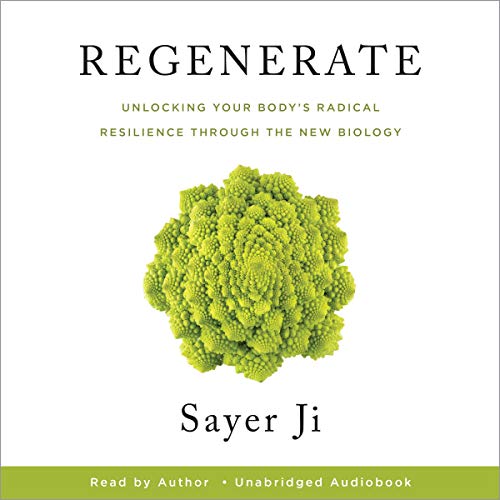These 8 Simple Habits Can Unlock Your Personal “fountain of youth”
 By Study Finds
By Study Finds
Sticking to eight simple, heart-healthy habits can help people reach a ripe old age, new research reveals. Dubbed “Life’s Essential 8” (LE8), a team working with the American Heart Association says they hold the key to a modern-day “fountain of youth.”
The main healthy tips include eating healthily, not smoking, and getting plenty of exercise and sleep. The others are maintaining a normal weight, blood pressure, cholesterol, and glucose levels.
During the new study, those who scored highest tended to live longer and avoided the onset of chronic diseases during that time. The findings are based on studies of British and American adults tracked for decades.
“Our study looked at the association of Life’s Essential 8 and life expectancy free of major chronic disease in adults in the United Kingdom,” says lead author Xuan Wang, M.D., Ph.D., a postdoctoral fellow and biostatistician in the department of epidemiology at Tulane University’s School of Public Health and Tropical Medicine, in a media release.
Wang’s team analyzed 136,599 participants whose health data was part of the UK Biobank.
“We categorized Life’s Essential 8 scores according to the American Heart Association’s recommendations, with scores of less than 50 out of 100 being poor cardiovascular health, 50 to less than 80 being intermediate, and 80 and above being ideal,” Dr. Wang says.
Poor cardiovascular health can take 8 years off your life
Researchers define scores of 80 and above as “high cardiovascular health.” These individuals lived substantially longer than others in the study. Men and women at age 50 had an average 5.2 years and 6.3 years of increased total life expectancy, respectively, in comparison to their peers in the “poor” category. They also lived longer without chronic disease.
“Moreover, we found disparities in disease-free life expectancy due to low socioeconomic status may be offset considerably by maintaining an ideal cardiovascular health score in all adults,” Wang continues. “Our findings may stimulate interest in individual self-assessment and motivate people to improve their cardiovascular health. These findings support improving population health by promoting adherence to ideal cardiovascular health, which may also narrow health disparities related to socioeconomic status.”
 Regenerate: Unlocking Your Body’s Radical Resilience Through the New Biology by Sayer Ji
Regenerate: Unlocking Your Body’s Radical Resilience Through the New Biology by Sayer Ji
Another study of more than 23,000 adults in the U.S. found life expectancy was 83.4 years for those with ideal cardiovascular health — or scores of 80 or greater. This fell to 75.3 for those with poor cardiovascular health — LE8 scores of less than 50.
“We found that more than 40% of the increased life expectancy at age 50 from adhering to ideal cardiovascular health may be explained by the reduced incidence of cardiovascular disease death,” adds lead author Hao Ma, M.D., Ph.D., a postdoctoral fellow and biostatistician in epidemiology at Tulane University and co-author on Wang’s study.
Cardiovascular diseases are the world’s number one cause of death globally
“What struck me about this abstract particularly was that there’s a really big jump going from individuals who have poor cardiovascular health to just intermediate levels of cardiovascular health,” says LE8 writing group leader Professor Donald Lloyd-Jones of Northwestern University.
“Overall, we see this seven-and-a-half-year difference going from poor to high cardiovascular health. That’s a really big difference in life expectancy, and I think what it tells us is that we need to try to move people and get them to improve their cardiovascular health in mid-life, because that’s really going to have a major influence on their total life expectancy.”
“These two abstracts really give us some nice new insight into how we can understand at different stages across the life course just how important focusing on your cardiovascular health is going to be, particularly using the new American Heart Association Life’s Essential 8 metrics,” Lloyd-Jones concludes.
“The cardiovascular health construct studied in these two abstracts really does nail what patients are trying to do, which is find the fountain of youth. Yes, live longer, but more importantly, live healthier longer, and extend that healthspan so that you can really enjoy quality in your remaining life years.”
The researchers presented their findings at the American Heart Association’s Epidemiology, Prevention, Lifestyle & Cardiometabolic Health Scientific Sessions 2023.
South West News Service writer Mark Waghorn contributed to this report.
Source: Study Finds


